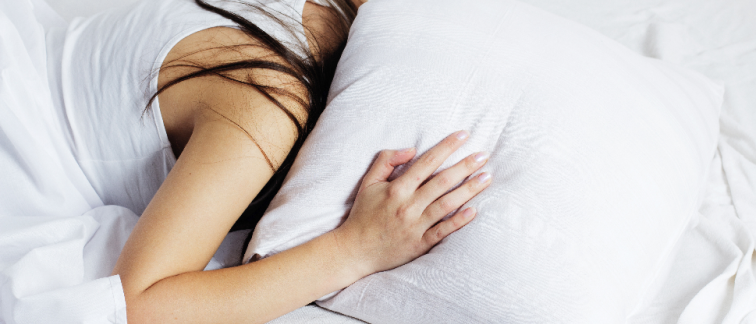Better and more targeted treatments
The study helps to better understand which networks in the brain are involved in insomnia and how these differences may contribute to the risk of depressive symptoms. Knowledge of this will hopefully contribute to the development of better treatments, which can possibly be used in a more targeted manner. Bresser hopes that his results will help, by giving people who suffer from insomnia more insight into their complaints.
Multiple mechanisms contribute to insomnia
Bresser's research shows that the connections in the brains of people with insomnia differ slightly from those of people without sleep problems. An important result is that different forms of insomnia (in people with differences in personality traits) also show different patterns of brain connections that differ. This suggests that there may be multiple mechanisms that contribute to insomnia. In addition, it appears that differences in brain connections probably contribute to the severity of insomnia, but also that effective treatments can bring about subtle changes.
Sleep Lab
To get a detailed picture, the brains of both groups were measured with an MRI scanner. Bresser: “Our sleep lab collected these brain scans over years at the Netherlands Institute for Neuroscience with the help of many test subjects. For example, in 2018-2020 we conducted an extensive study into the effectiveness of treatments for insomnia, while also collecting brain scans and sleep data at several points in time. This allowed us to investigate whether white matter can predict whether treatments such as cognitive behavioral therapy and circadian rhythm support will have an effect, but also whether these treatments change the white matter.”
Source: Vrije Universiteit Amsterdam

